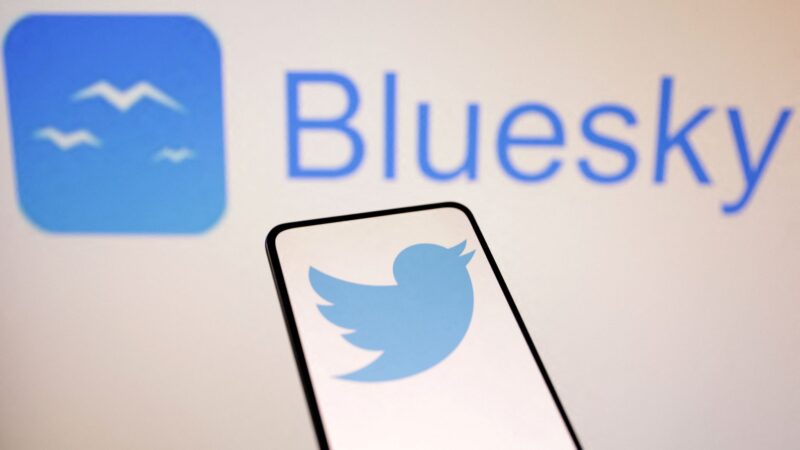Bluesky, also referred to as Bluesky Social, an eagerly anticipated alternative to Twitter, is gearing up for its public launch. Conceptualized by Jack Dorsey, one of the co-founders of Twitter, Bluesky remains one of the prominent micro-blogging platforms, second only to Elon Musk’s X.
Having been in beta testing since last year, the platform has already garnered approximately 3 million sign-ups. Now, with open access for all, Bluesky anticipates a significant surge in its user base.
Originally conceived as an internal project within Jack Dorsey’s Twitter, Bluesky parted ways with the platform shortly after Elon Musk assumed control. Positioned as a decentralized social media platform, Bluesky aims to address the shortcomings observed in platforms like Facebook, X, and TikTok.
“We firmly believe that the future of society lies in openness and decentralization. This is something we consider beneficial for fostering public discourse,” asserted Bluesky CEO Jay Graber.
For those unfamiliar with Bluesky’s initial buzz last spring, the application bears resemblance to Twitter’s “X” and Threads. Posts, termed as “skeets,” are presented in a simple chronological timeline. Furthermore, Bluesky offers various algorithmic feeds curated by users.
Similar in concept to Mastodon and other services utilizing the ActivityPub protocol, Bluesky employs its proprietary standard known as the AT Protocol. However, Bluesky adheres to its own version of the protocol, with potential revisions in the pipeline, as the platform is inclined towards experimentation with federation.
Garber points out, “If Bluesky integrates with ActivityPub, users would still be tied to a Facebook-owned app, limiting access to a more open ecosystem. We envision the AT Protocol facilitating seamless interaction between various apps and services, fostering a more interconnected environment.”
The move towards open-source protocols hints at Bluesky’s commitment to promoting a decentralized digital landscape, offering users greater autonomy and flexibility in their online interactions.

